The arrest of Pavel Durov, the founder of the messaging app Telegram, has not only raised questions about the charges against him, but also about the peculiar relationship between the tech entrepreneur and the French government. In 2018, President Emmanuel Macron extended an olive branch, inviting Durov to lunch and offering him French citizenship in the hope of bringing Telegram under greater French regulatory oversight. Fast forward to today, and Durov finds himself under arrest, facing serious charges. This series of events — from lunch invitations and citizenship to sudden detainment — suggests both cooperation and coercion have characterized France’s approach to Telegram.
Macron’s actions since Durov’s arrest suggest he is feeling defensive, perhaps with good reason. Macron himself has been a frequent user of Telegram, utilizing the platform for his own communications, particularly during his presidential campaigns. Is Macron’s aggressive stance towards Telegram being influenced by his own reliance on the platform, and what secrets his communications might hold?
Macron’s actions since Durov’s arrest suggest he is feeling defensive, perhaps with good reason
Macron has made two defensive statements since Durov’s arrest. First, he has emphasized that France remains committed to freedom of speech, stressing that Durov’s arrest has nothing to do with political motivations, but is purely a legal matter for the courts. He has insisted that in France, freedoms are exercised within a framework established by law to protect citizens and their fundamental rights.
Secondly, Macron admitted that he personally approved Durov’s French citizenship and stands by his decision. (As part of his citizenship application, Durov says he registered his name as “Paul du Rove” as an April Fool’s joke, and later found out that his application had been successful.)
Macron has explained that his decision to give Durov citizenship was in line with his policy of granting nationality to successful foreigners who expressed an interest in integrating into French society, as demonstrated by Durov taking a few French lessons. These statements seem aimed at distancing himself from any suggestion that Durov’s arrest is politically motivated or a backlash against his refusal to move Telegram’s operations to Paris.
Durov has been charged under multiple provisions of the French criminal code, including accusations related to non-compliance with content moderation laws, and facilitating illegal activities. These charges cover a wide range of issues, from failing to moderate content related to terrorism and extremism to potentially enabling organized crime activities like drug trafficking or child exploitation. (Durov’s lawyer has said that Telegram complies with European digital regulations and it is “absurd” to suggest Durov is involved in “criminal acts that don’t concern him either directly or indirectly.”)
Durov’s defense team is working to dismantle these charges by highlighting several key points. Firstly, to rebut the allegations of non-cooperation, Durov’s defense are emphasizing his work with French intelligence services. Details of Telegram’s previous cooperation with French intelligence services are emerging, conveniently leaked to the press. It’s been revealed that French spooks travelled and met with Telegram in Dubai. This cooperation is being framed as evidence of Durov’s willingness to work with French officials on matters of genuine public safety, challenging the narrative that he has been obstructive or uncooperative.
His defense team is also highlighting that Telegram has responded to requests from French authorities involving highly sensitive, classified information related to counterterrorism operations and other critical security matters. By presenting this level of cooperation, Durov’s team argues that Telegram has acted responsibly in situations where lives were at stake, contradicting any claims that the platform is a haven for illegal activity.
A crucial element of Durov’s defense revolves around a hotline and dedicated email address that Telegram set up specifically for French intelligence (DGSI and DGSE) to use in emergencies. The defense argues that these channels were created for urgent situations requiring immediate action, such as potential terrorist threats. While Telegram has complied with legitimate requests, the defense claims that the sheer number and scope of these requests often exceeded what could reasonably be considered urgent or life-threatening. This point is central to challenging the accusations that Telegram has failed to cooperate with French authorities.
Furthermore, his defense team contend that French authorities have misused these emergency channels by deploying them for routine surveillance requests, rather than for urgent national security concerns. By demonstrating that French intelligence stretched the intended use of these channels, his defense want to show that the charges against Durov are based on misunderstandings or misapplications of Telegram’s cooperation procedures.
Beyond these specific points, Durov’s defense also addresses broader legal issues, arguing that the charges against him do not align with the actual actions or omissions attributed to Telegram. They maintain that French law fails to differentiate between platforms that provide encrypted communication for privacy purposes, and those that actively engage in or promote illegal activities. Durov’s lawyers are expected to emphasize that Telegram’s robust encryption and privacy policies are designed to protect user data, not to facilitate crime, thereby challenging the basis for any criminal liability.
Another key argument focuses on the logistical challenges of compliance. With Telegram’s extensive user base and global reach, Durov’s team argue that responding to every government request in real-time is impractical. The team will likely highlight that Telegram uses a combination of artificial intelligence and human review processes to manage requests, making it unreasonable to expect the platform to instantly comply with all government demands.
In addition to these legal strategies, Durov’s defense is leveraging the role of state secrets in this case. They argue that some of Telegram’s cooperation with French authorities involved sharing classified information, adding complexity to the case. The defense might suggest that this classified cooperation is beyond what has been publicly acknowledged, which could affect how the charges are perceived. This tactic could force the French government to disclose more information, potentially weakening its case if it reveals that the state’s actions were more invasive or extensive than initially presented.
Durov’s legal strategy isn’t just confined to the courtroom. It also involves a broader lobbying effort to influence public opinion and political sentiment. His defence team will focus on Macron’s seemingly inconsistent actions — wooing Durov with French citizenship while later sanctioning his arrest. By bringing attention to this paradox, Durov’s team might argue that the French government’s actions are politically motivated, potentially as a punitive measure for Durov’s refusal to bring Telegram under French regulatory control.
The president of the UAE, Mohammed bin Zayed Al Nahyan, reportedly called French president Emmanuel Macron directly just hours after news broke of the arrest. Meanwhile Durov, from his police cell, reportedly requested the involvement of Xavier Niel, a billionaire with close ties to Macron. This strategy appears aimed at leveraging Niel’s influence to shift public and political opinion or to negotiate a more favorable outcome for Durov. The move suggests a calculated attempt to use Niel as a direct channel to President Macron, perhaps to underscore the inconsistencies in the French government’s actions toward Durov and Telegram.
By focusing on both the legal and political dimensions of the case, Durov’s defense seeks to challenge the narrative constructed against him. However, the greatest challenge for Durov’s defense team will be how to overcome the fact that even if Telegram cooperated on high-profile national defense issues, that alone will not excuse any perceived negligence in ignoring routine non-security requests, such as those involving pedophilia or drugs. The outcome of this case will hinge not only on the legal arguments but also on the political maneuvers and public perceptions shaped by Durov’s defense.
This article was originally published on The Spectator’s UK website.



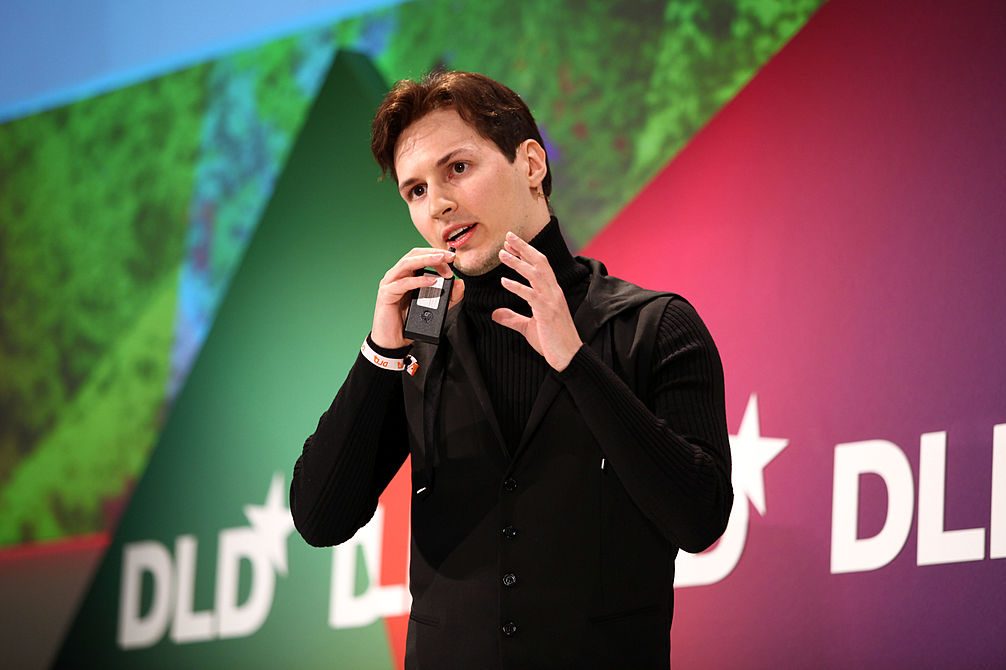







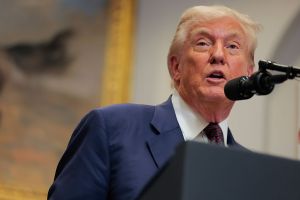
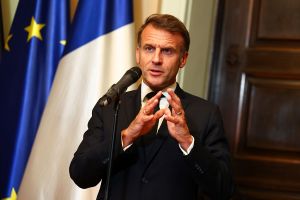
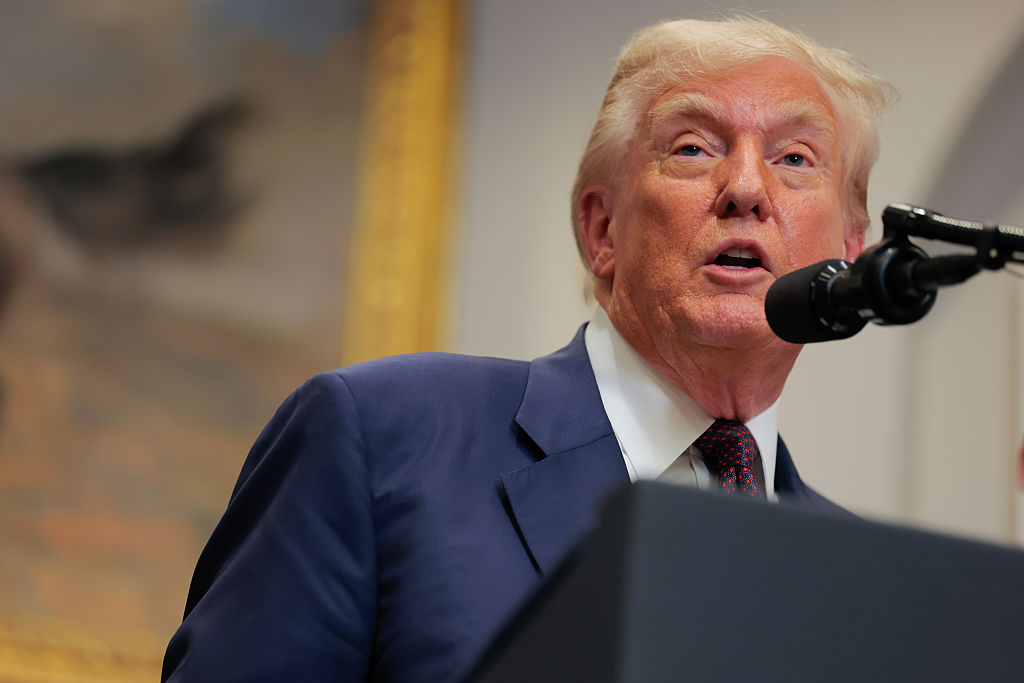
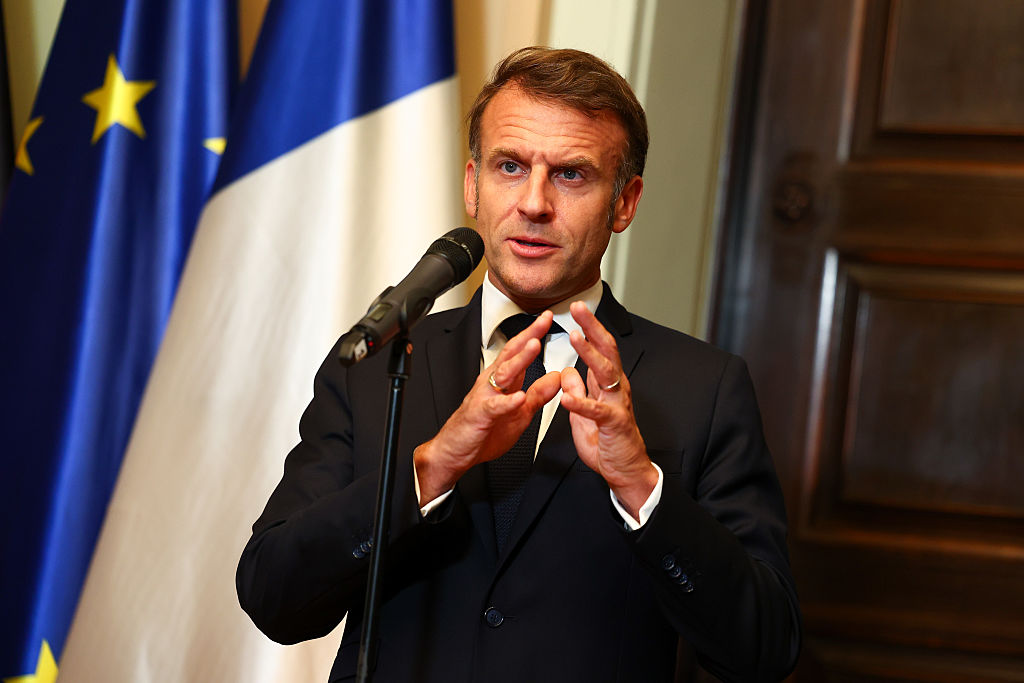
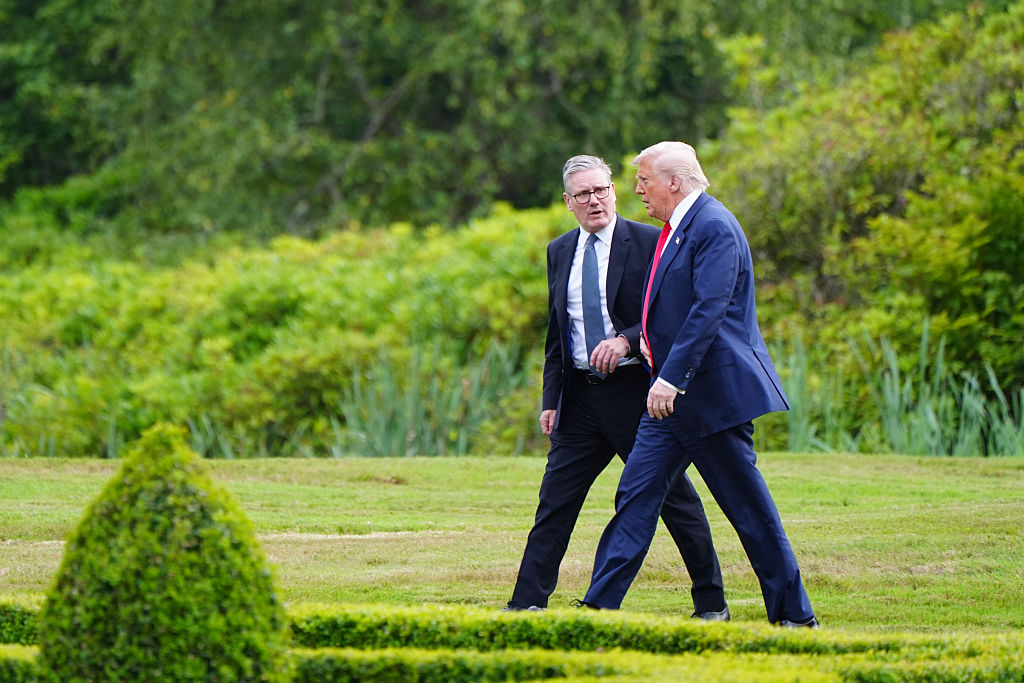


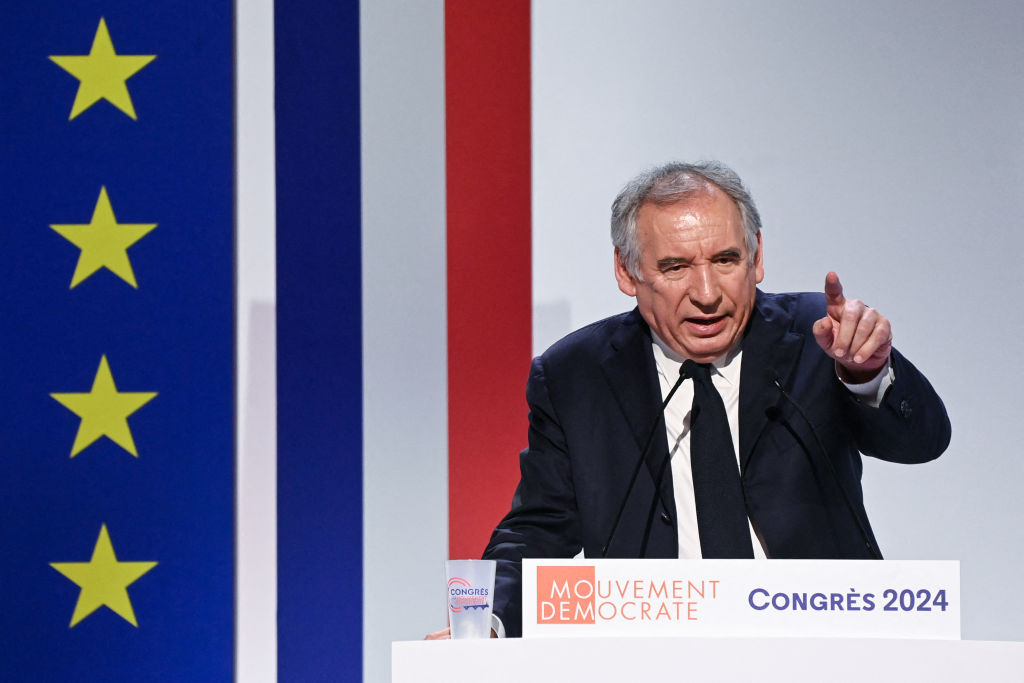







Leave a Reply